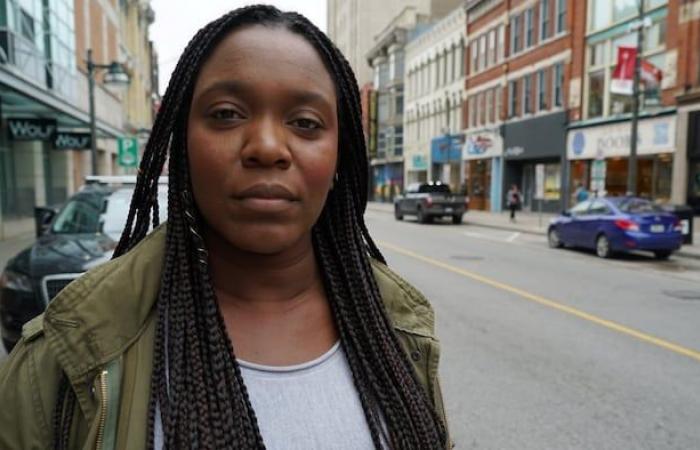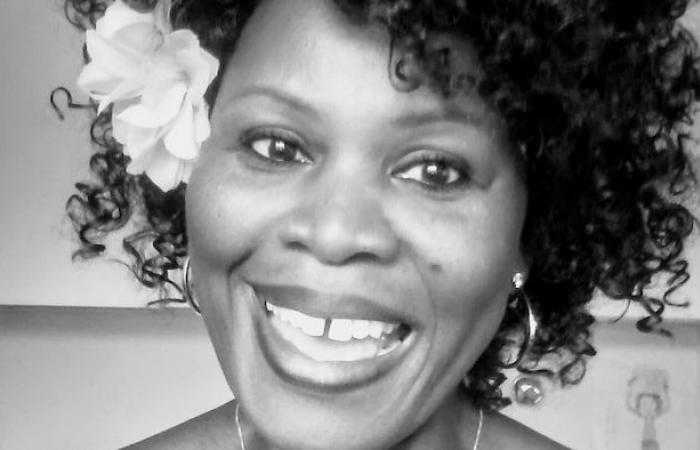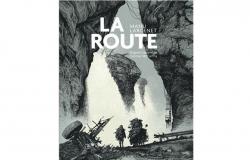Famous Canadian author Lawrence Hill criticizes an Ontario school board’s recent ban on students reading books that mention the n-word. He believes that the measure “will make a serious discussion on anti-Black racism impossible” in the classroom, which his successful novel could have sparked in particular. Aminata.
[Cette décision] completely prevents you from reading black authors
he deplores, pointing out that students thus lose the possibility of discovering, in their lessons, whether it’s Martin Luther King, Toni Morrison, Alice Walker […]any other major black Canadian or American writer
whose writings include the n-word.
The author says he had a reaction of disappointment
after being contacted last month by a teacher from the English Catholic school board in London, in southwestern Ontario. The latter informed her that she would no longer be able to use the English version ofAminata because the work mentions, on a few occasions, the n-word.
Even if this word is painful and often very insulting, as it is part of our experience and the experience of our ancestors too, as artists, we go there. We sometimes explore the context in which these insulting words appear
says Mr. Hill.
Removing the ability to use these books in classes effectively makes a serious and in-depth discussion of anti-Black racism in Canada and elsewhere in the world impossible.
The school board decided to adopt an informed approach that certain books containing potentially painful language and content should not be required reading or required for assessment in our schools
explains a spokesperson in an email sent Wednesday to -.
He specifies thatthis is not censorship
and that students who want to can always obtain these books in school libraries.
The well-being of our students always comes first. […] We must take into account the different sensitivities and experiences of our students.
The justification is far from convincing Lawrence Hill, who also teaches at the University of Guelph.
It is possible to explore difficult and important themes in Canadian society without harming the emotional well-being of our students
he notes.
Are we asking our high school teachers not to talk about the Holocaust during the Nazi regime in Germany? […] It goes without saying that literature challenges them and forces them to ask difficult questions about the human condition.
We cannot hide history
The school board’s decision is also condemned by activist Alexandra Kane, a member of the group Black Lives Matter from London, who believes that a classroom is rather the best place
to have a discussion about the n-word, unlike a schoolyard where some students may use it in an offensive way
.
Open in full screen mode
Alexandra Kane is a member of the Black Lives Matter group in London. (Archives)
Photo : CBC / Andrew Lupton
She believes that by banning the teaching of books like Lawrence Hill’s, the school board minimizes the attention they deserve
.
Aminata explores in particular the arrival, in Nova Scotia, of thousands of black loyalists including former slaves after the American War of Independence. After facing hostility in their new environment, many of these loyalists chose to return to settle in Africa.
This episode was very, very little known in Canada by readers, by students
before the publication of Lawrence Hill’s book in 2007 (the French version appeared in 2011), underlines the author himself, convinced that sometimes, a novel is an excellent tool to introduce students to black history
.
Open in full screen mode
Canadian artist of Ivorian origin Justine Gogoua is a cultural mediator.
Photo: Courtesy
A book as gigantic, as historically important, as validating for blacks, banning it in schools, for me, is encouraging this weak, negative image of blacks while in Canada and the United States, blacks have contributed
says cultural mediator Justine Gogoua, based in Northern Ontario.
We cannot hide history. […] The story of a people is not a fairy tale. If we want to heal and create the next citizens who will contribute to the development and balance of this society, we must now tell the truth to people, to children and begin real healing processes.
She often works with students and ensures thatwith a good educational intention, […] we can find solutions
which allow us to respectfully discuss with them works that contain the n-word.
Lawrence Hill says he hopes the school board will eventually reverse its decision and consult other school boards that have more developed policies
in this matter, such as the English Catholic school board of Toronto.
In 2023, the latter adopted a policy that allows works containing the n-word to be used for teaching, but only when their authors are black.
We encourage teachers to be discerning and thoughtful in choosing books, from a student-centered perspective.
says a spokesperson.







